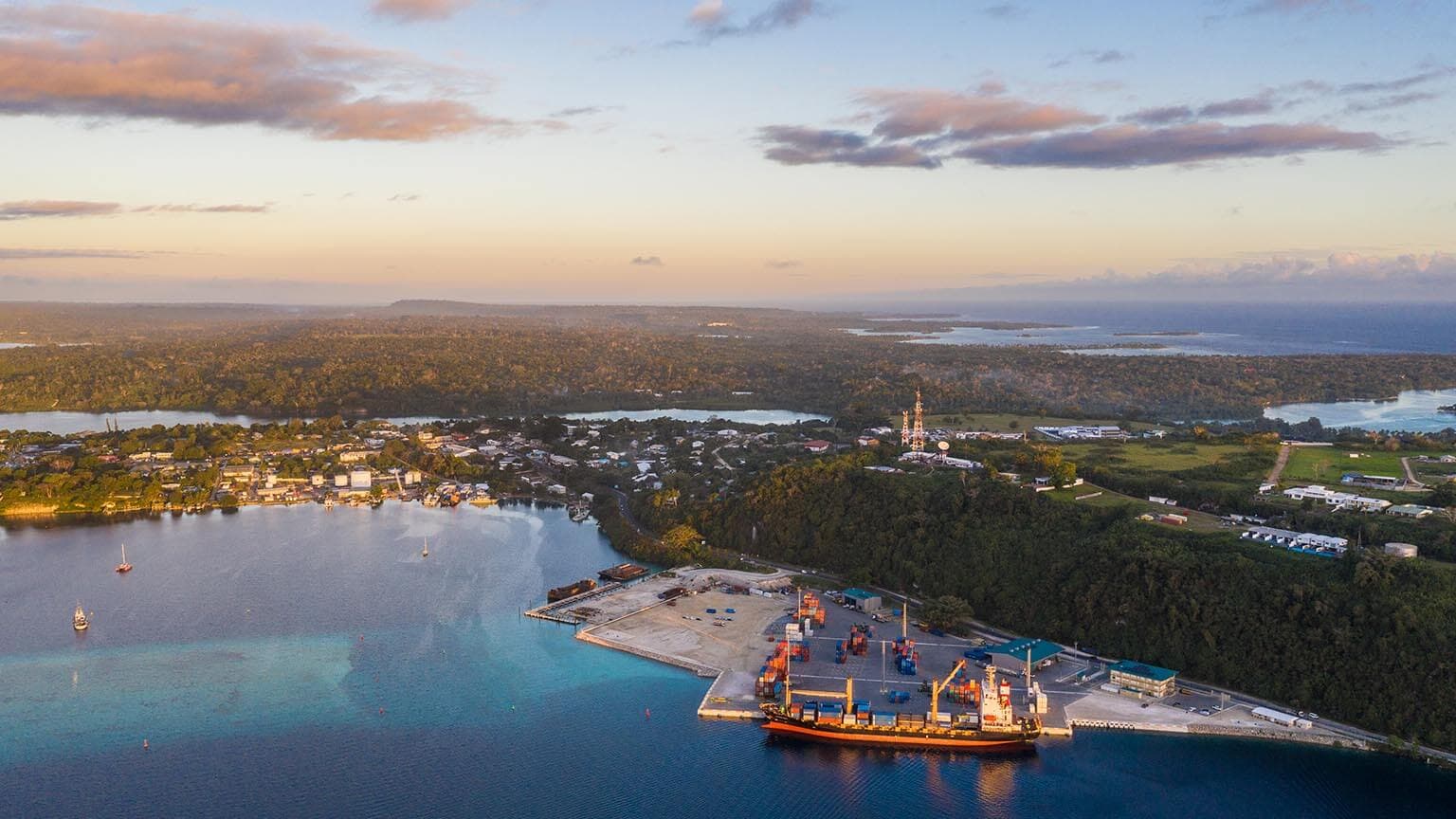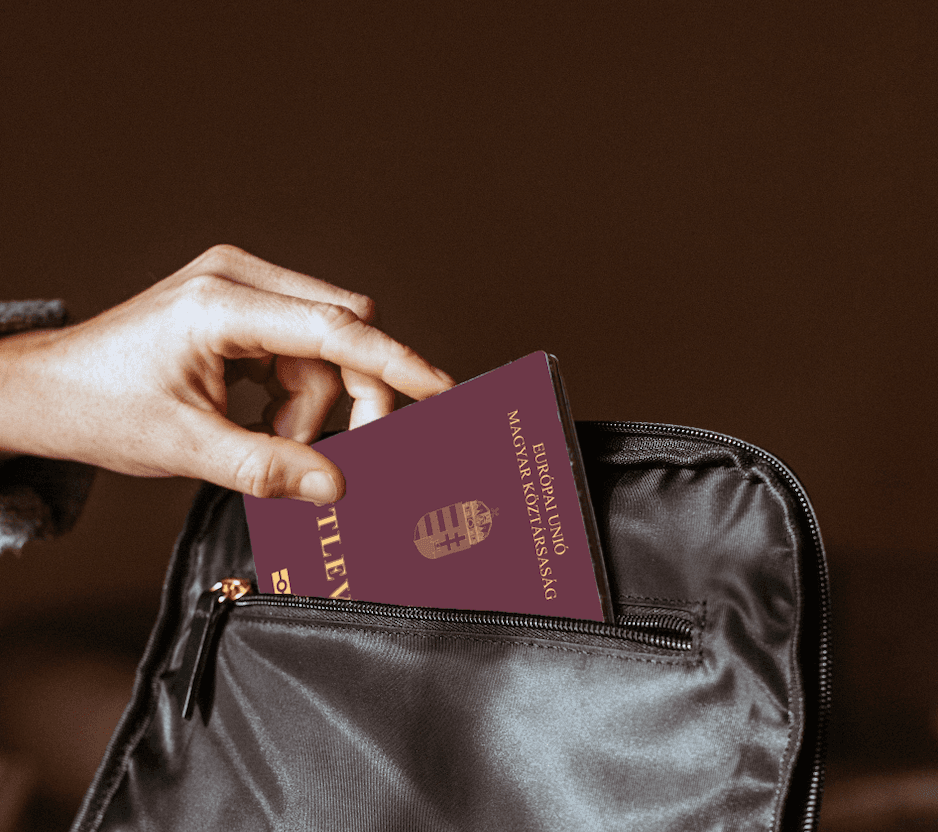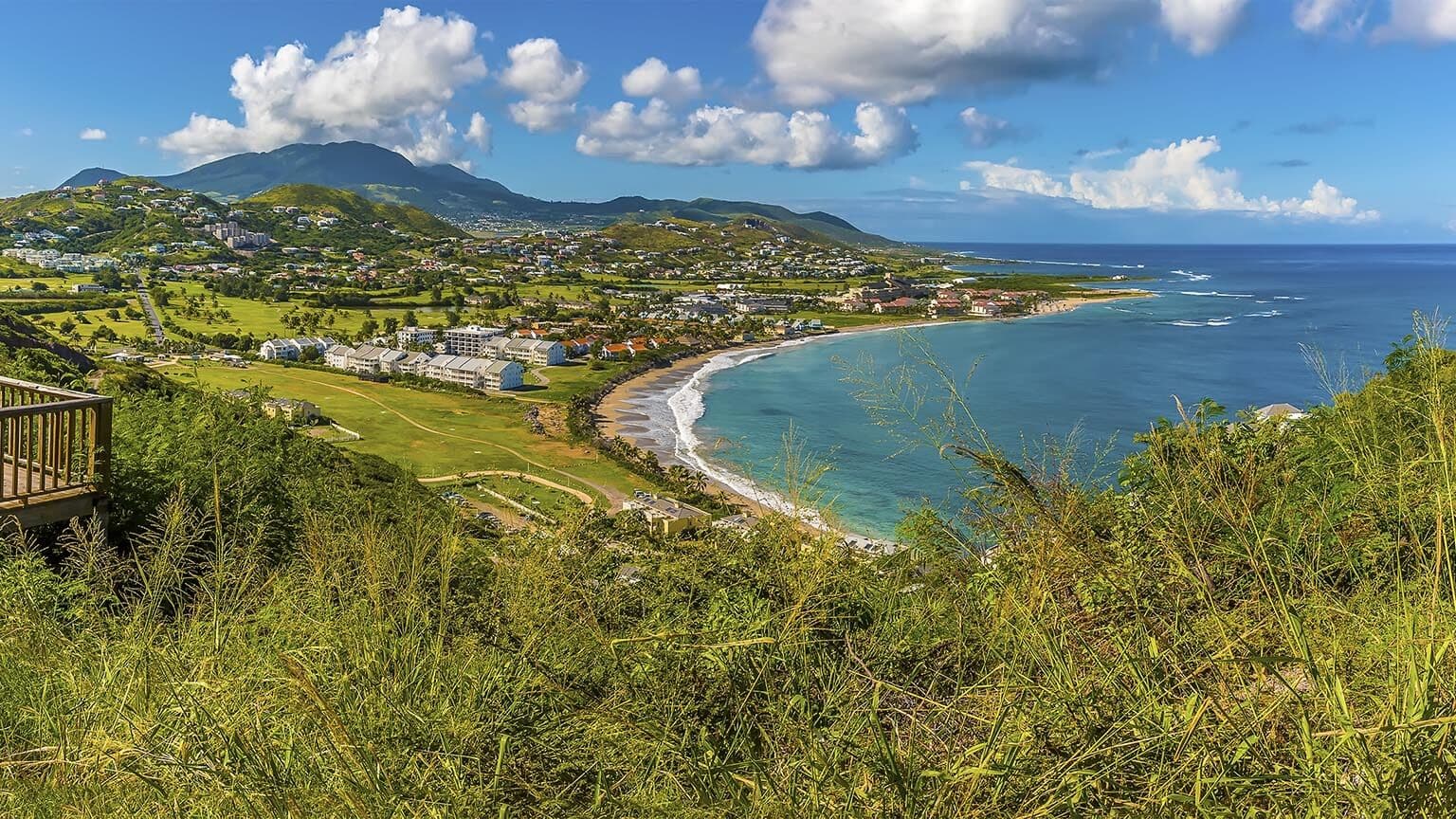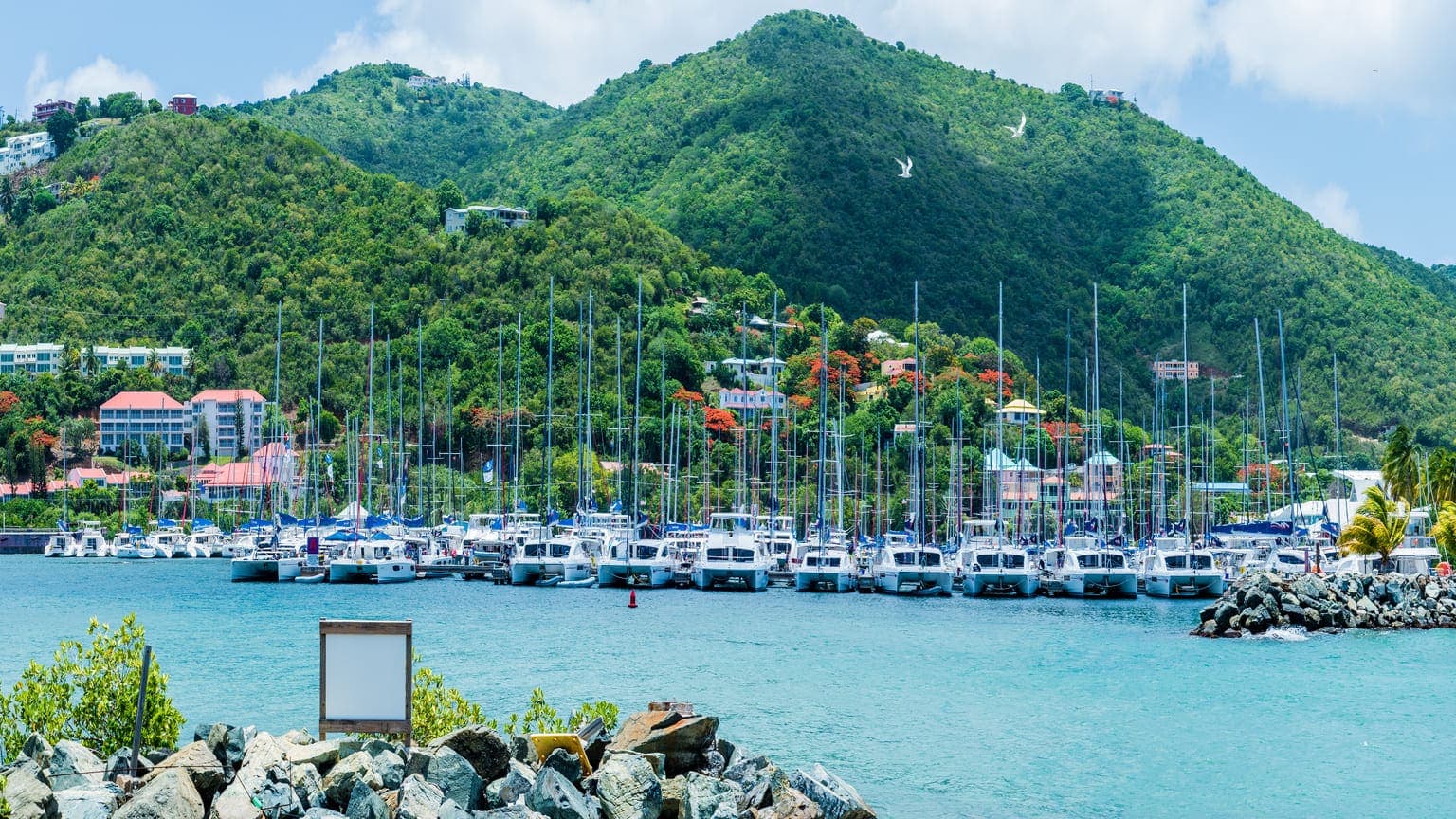Summary
Newborn children acquire citizenship either by "right of blood" or "right of soil". In the first case, it is based on the citizenship of the parents, and in the second case, it depends on the country of birth. In some countries both these principles apply. We explain these concepts in detail.
Citizenship by right of blood, or jus sanguinis. In this case, the child inherits the parents’ citizenship(s). For instance, if parents are citizens of an EU country, their child obtains a passport from the same EU state.
If the parents are citizens of different countries, then they can choose the citizenship of their child, as long as the law of that country allows it.
When citizenship is inherited, the gender of the parent is sometimes taken into account. For example, only a child whose father is a UAE citizen can become a UAE citizen by birthright. The mother’s citizenship does not matter. Therefore, if a woman is a UAE citizen but is married to a foreigner, their children will not be considered UAE citizens at birth. They may be able to obtain a UAE passport as a result of naturalisation.
Citizenship can also be passed down through generations, to grandchildren and even great-grandchildren. In this case, when applying for citizenship, the child needs to confirm the relationship and the citizenship of the selected country of their ancestors.
Citizenship by right of soil, or jus soli. If a child is born abroad, they are automatically recognized as its citizen, regardless of the parents' citizenship. The principle of right of soil is applied to varying degrees in 64 countries.
The nuances in the legislation of the specific country must also be taken into consideration. In the United States, citizenship is granted to all children born here, without any additional conditions. However, giving birth in a European country does not guarantee citizenship of that country for the child. In France, children born to foreigners can only acquire citizenship after they reach 13 years of age. Azerbaijan recognizes as its citizens only children whose parents are unknown or stateless.
Ireland was the last European country to stop granting citizenship to children solely by right of soil. Since 2005, parents must confirm that they have lived in the country for at least four years prior to the birth of the child
Citizenship is not granted by right of soil to the children of diplomats or civil servants of another country.
Countries that issue citizenship by right of soil
Asia
Africa
Europe
North America and the Caribbean
South America
Oceania
Details of obtaining citizenship by birth in Europe
European countries combine both principles of issuing citizenship by birth. This means that the parents must confirm their connection with the country: by citizenship, residence permit or residence for a certain period of time.
![]() The United Kingdom grants citizenship to a child born here under the following circumstances, as well as in some other cases:
The United Kingdom grants citizenship to a child born here under the following circumstances, as well as in some other cases:
-
if the child was born in the country after July 1, 2006; and
-
at least one parent is a British citizen or had permanent residence in the country at the time of the child’s birth.
If a parent serves in the British Armed Forces, their child will also receive British citizenship at birth. This rule applies to children born after January 13, 2010.
In most other cases, children receive British citizenship by naturalization.
![]() In Ireland, both parents must be Irish citizens or they must have legally lived in the country for three out of the four years before the birth of the child, for example, based on permanent residence. Irish citizenship is also issued to the children of British citizens and those who have the right to live in Northern Ireland.
In Ireland, both parents must be Irish citizens or they must have legally lived in the country for three out of the four years before the birth of the child, for example, based on permanent residence. Irish citizenship is also issued to the children of British citizens and those who have the right to live in Northern Ireland.

Ireland was the last European country to stop granting citizenship to children solely by right of soil. Since 2005, parents must confirm that they have lived in the country for at least four years prior to the birth of the child Photograph: the city of Kinsale, County Cork, Ireland
![]() Germany applies the principles of citizenship by birth as follows.
Germany applies the principles of citizenship by birth as follows.
Citizenship by right of blood is obtained by children who are born:
-
to parents who are married and one of them is a German citizen;
-
out of wedlock and their mother is a German citizen;
-
out of wedlock and their father is a German citizen, provided that he acknowledges paternity of the child.
Citizenship by right of soil is only granted to a child born in Germany and at least one parent of the child has lived there for more than eight years. German citizenship is also granted to the children of Swiss citizens or Swiss residents.
![]() Luxembourg citizenship is inherited from the parents. The child is also granted citizenship if at least one parent was born in Luxembourg.
Luxembourg citizenship is inherited from the parents. The child is also granted citizenship if at least one parent was born in Luxembourg.
If both parents are foreigners, a child born in the country is eligible for a Luxembourg passport at the age of 18 under the following conditions:
-
at least one of the parents lived in the country for at least a year before the birth of the child; and
-
the family lived in the country for at least five years before the child turned 18.
![]() France has strict rules for granting citizenship to children of foreigners. Citizenship is not granted at birth, and the residency requirements depend on the age of the child.
France has strict rules for granting citizenship to children of foreigners. Citizenship is not granted at birth, and the residency requirements depend on the age of the child.
![]() Greece. If the child is born out of wedlock and the mother is a Greek citizen, the newborn is recognized as a Greek citizen at birth. If only the father is Greek and paternity can be proved, the child is eligible to apply for citizenship before the age of 18.
Greece. If the child is born out of wedlock and the mother is a Greek citizen, the newborn is recognized as a Greek citizen at birth. If only the father is Greek and paternity can be proved, the child is eligible to apply for citizenship before the age of 18.
Citizenship at birth is also granted to children whose parents have permanently lived in Greece for at least five years. If the residence requirement is met, but the child was born in another country, they will be able to obtain Greek citizenship after six years of attending school.
![]() Malta** .** Anyone born in the country between September 21, 1964 and August 1, 2001 is automatically recognized as a Maltese citizen. A child born after this date is granted citizenship only if at least one parent is a Maltese citizen or was also born on the island.
Malta** .** Anyone born in the country between September 21, 1964 and August 1, 2001 is automatically recognized as a Maltese citizen. A child born after this date is granted citizenship only if at least one parent is a Maltese citizen or was also born on the island.
![]() Spain recognizes the right of soil only if both parents:
Spain recognizes the right of soil only if both parents:
- are stateless; i.e., they do not have citizenship;
- cannot transfer their citizenship to their child;
- are unknown.
If these conditions are not met and neither of the parents has a Spanish passport or was born in Spain, the child can still obtain Spanish citizenship by living there for more than a year. At the same time, the child’s parents must also live in the country for a year, for example, based on a residence permit.
![]() Portugal. A child can be granted Portuguese citizenship if at least one of their parents is a Portuguese citizen. Children of foreigners can become citizens if:
Portugal. A child can be granted Portuguese citizenship if at least one of their parents is a Portuguese citizen. Children of foreigners can become citizens if:
- they were born in the country;
- and at least one parent lived in Portugal for a year before the birth of the child, for example, based on a residence permit.
Citizenship for children born in the United States, Canada and Mexico
![]() The United States recognizes all children born on its territory as American citizens. The right to citizenship by birth is enshrined in the 14th Amendment to the US Constitution, which has been in effect since 1868.
The United States recognizes all children born on its territory as American citizens. The right to citizenship by birth is enshrined in the 14th Amendment to the US Constitution, which has been in effect since 1868.
When a woman gives birth to a child in an American hospital, she receives a certificate. Based on this certificate, a birth certificate is issued, and then a passport in the name of the child.
In the future, tax returns must be filed annually on behalf of the child: in the United States, taxes are paid based on citizenship, not tax residency.
When a child turns 21, they will be able to apply for American citizenship for their parents based on family reunification.
![]() Canada also grants citizenship to all children born in the country, regardless of the parents' citizenship. To obtain a passport in the child's name, a birth certificate and a completed application form need to be submitted.
Canada also grants citizenship to all children born in the country, regardless of the parents' citizenship. To obtain a passport in the child's name, a birth certificate and a completed application form need to be submitted.
![]() Mexico. Citizenship is granted to all children born in a local maternity hospital or other medical institution.
Mexico. Citizenship is granted to all children born in a local maternity hospital or other medical institution.
Although, in the United States and Canada, the parents cannot apply for citizenship themselves after the birth of a child, in Mexico the parents can apply for Mexican passports after living there for two years and passing the relevant exams in the Spanish language and history of the country.

The United States is one of the most popular birth tourism destinations in the world. The latest figures for 2017 show that about 10,000 children were born in the country to foreigners who travelled to the United States specifically for childbirth
Citizenship for children born in the Caribbean
The Caribbean countries are among the few countries that still apply solely the right of soil when granting citizenship. This means that all children born, for example, in Antigua and Barbuda, automatically become citizens of the country.
Caribbean citizenship by investment programs
Citizenship of the Caribbean countries offers numerous advantages such as visa-free entry to the Schengen countries and the UK, benefits when studying at British universities and immediate eligibility for a 10-year US tourist visa.
Wealthy people rarely choose a Caribbean country as the birthplace of their children. However, they can obtain a passport from one of the five countries in the region offering citizenship in return for investment and their children can then inherit their parents’ new citizenship.
Immigrant Invest is a licensed agent for citizenship and residence by investment programs in the EU, the Caribbean, Asia, and the Middle East. Take advantage of our global 15-year expertise — schedule a meeting with our investment programs experts.





















